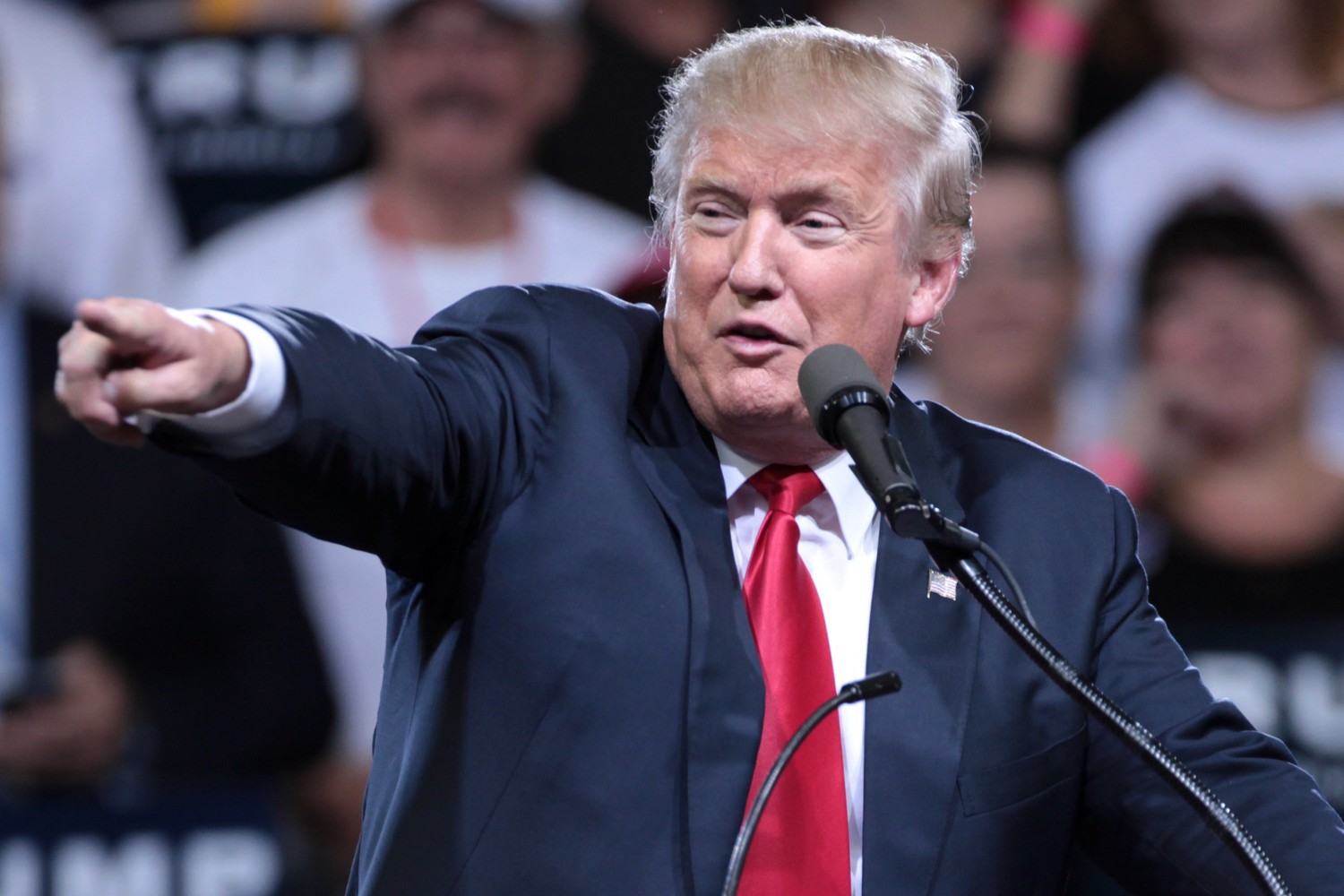Just when we thought Donald Trump couldn’t get more unfiltered, the president attacked his own Justice Department via Twitter. Monday morning he complained that the new executive order blocking travel from Muslim-majority countries was “watered down” and “politically correct.” Worse yet, everybody was pussyfooting around what it truly was.
“People, the lawyers and the courts can call it whatever they want, but I am calling it what we need and what it is, a TRAVEL BAN!,” he tweeted in the early morning. Following the London terror attacks, he had previously tweeted that the US needed “the Travel Ban as an extra level of safety!”
While Twitter may have helped deliver Trump the White House, his 35,000 tweets are looking like more and more of an issue—for his administration, for the country and for the entire world. “Unfortunately the president has, I think, created problems for himself by his Twitter habit,” Republican senator John Cornyn said in a Sunday interview.
Trump’s insistence on calling the executive order a travel ban is at odds with how his administration has attempted to control the messaging and fight the legal battle in the courts. White House press secretary Sean Spicer had previously explained to reporters that “it’s not a travel ban” but rather a way to “make sure that the people who are coming in are vetted properly.” Trump’s all-caps tone may create further headaches for him: the first order was blocked with an appellate judge writing that the ban “drips with religious intolerance, animus, and discrimination.”
Not only that, but as Politico has reported, the president’s endless online opining is a “treasure-trove of evidence” for special counsel Robert Mueller and his team of investigators as they dig into contacts between the Trump campaign and Russian officials. Therein lies yet another danger to a president who is constantly giving the world access to his thoughts.
The larger issue is those thoughts aren’t just throw-away feelings of the moment. They’re presidential statements. To emphasize that point, a clever Twitter bot has just gone up presenting Trump’s tweets as official White House Statements. The effect is jarring, but there’s truth behind them — these statements are as official as any other statement coming out of the White House.
Managing Trump’s social media habit appears to be a bugbear for his staff. Twitter is reportedly the only app on Trump’s phone, and if the research on technological dependence is any indicator, it’ll be hard to get him off it.
Adam Alter, a marketing professor at New York University and the author of Irresistible: The Rise of Addictive Technology and the Business of Keeping Us Hooked, was careful to note to Thrive Global that we can’t know for sure if Trump is addicted to his phone — that requires first hand evaluation — but his constant return to the platform suggests that he has an ingrained habit.
If Trump (or his staff) felt the need to turn away from Twitter, Alter says there are two main steps. The first is creating distance between him and the app: ideally, this would be done physically, like by putting his phone away for certain hours of the day; otherwise, using an app designed to limit app use, like Space, could also help.
There are signs the staff is trying. Writing in the New York Times after Trump’s bizarre “covfefe” moment, Peter Baker and Glenn Thrush noted the staff’s efforts. “The best way to keep Mr. Trump off Twitter, advisers said, is to keep him busy,” they wrote. “During his foreign trip, he was occupied 12 to 15 hours a day, seldom left alone to fulminate over the Russian investigation and given less unstructured time to watch television.”
The second step deals with more deep-seated issues. You can’t just delete a habit; you have to replace it with something. “It needs to be different enough that it doesn’t fit the same habit loop,” Alter says, “but fulfills the same psychological need.” Trump — who doesn’t like to reflect on himself — would need to figure out what Twitter did for him and what could fulfill the same function.
If it’s getting his ideas heard, the president, being the president, could get any number of influencers on the phone or convene an in-person summit. But “it seems he is looking for a large audience,” Alter says, “and that’s what he’s craving.” If it’s not on Twitter that Trump could bask in glory and hate on haters and losers, what else could he use? Maybe a good old press conference? Or — given his experience with such things — a reality show?
Originally published at medium.com


